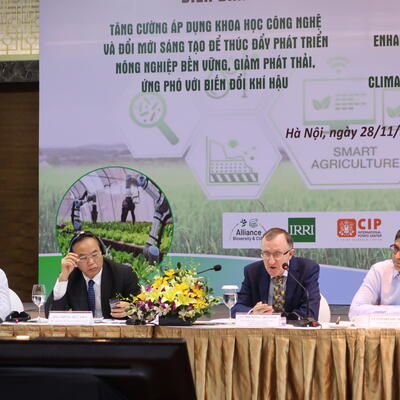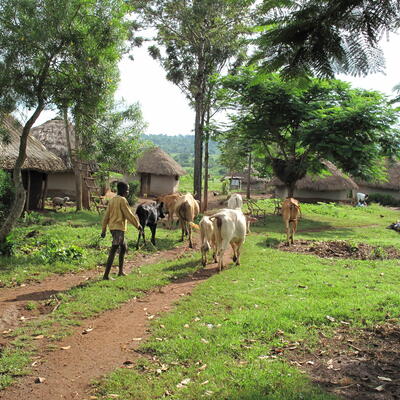
Metropolitan mosquitoes: Understanding urban livestock keeping and vector-borne disease in growing tropical cities
The aim of this project is to understand the risks of transmission of vector-borne diseases in urban livestock-keeping households in two growing tropical cities in Asia: Guwahati, India and Hanoi, Vietnam.
With over half of the global population living in urban areas, cities are not only crowded with people but also with livestock as well as disease vectors like rodents and mosquitoes. Thus, cities may serve as a melting pot for emerging infectious diseases, including zoonotic and vector-borne diseases.
Urban livestock-keeping is an integral part of cities in many tropical and developing countries, where it not only provides nutritious animal-source food to informal markets that feed millions of people, but is also an important source of livelihoods to hundreds of thousands of urban dwellers.
Urban livestock-keeping is, however, constrained by the threat of vector-borne diseases that affect both livestock and people. This project therefore aims to generate research evidence on the risks of transmission of vector-borne diseases like malaria and dengue in urban livestock-keeping households in Guwahati, India and Hanoi, Vietnam.
The project will focus on the urban epidemiology of vector-borne flaviviruses, including dengue virus, Japanese encephalitis virus and Zika virus. The project will also identify and test the most promising methods to control mosquitoes and reduce the risk of disease transmission.
Activities
- Mapping of urban livestock in Guwahati, India and Hanoi, Vietnam.
- Cross-sectional study of urban households with and without livestock.
- Knowledge, attitudes and practices study on vector-borne diseases and perceived risks and benefits associated with urban livestock keeping.





















